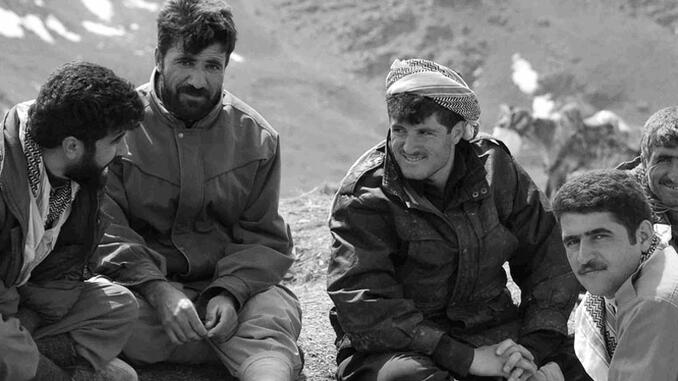
Kurdistan Regional Government President Masoud Barzani has scheduled a referendum for Iraqi Kurdish independence this week on September, 25th. The vote is largely seen as increasing tensions in the region.
The Kurds are the largest ethnic minority in the world that do not have a state of their own. Thirty-million Kurdish people are spread throughout the mountainous regions of Turkey, Syria, Iran, and Iraq. The borders of those countries artificially separated the Kurdish ethnic group after the League of Nations devised the current map of the Middle East after World War I. The Kurds are their own distinct ethnic group with their own unique language, culture, dress, and holidays. Since the fall of the Ottoman Empire, the Kurds have dreamed of their own nation state. The Iraqi Kurds have made the most progress in seeking independence and are closer than ever to achieving that dream.
Kurds all across the Middle East have faced repression from their individual governments, and nowhere has that been more obvious in recent decades than in Iraq. After the first Gulf War, Saddam brutally repressed the Kurdish uprising in Iraq’s northern regions with the Anfal campaign. It is estimated around 100,000 Kurds were killed. Among that number, 5,000 were killed from the use of chemical weapons. To protect the Kurds from Saddam, then U.S. President George H. W. Bush set up a no-fly zone. Since then the Kurds have enjoyed relative autonomy in Iraq.
During that period of relative autonomy, the Kurds set up their own government in the autonomous regions of Erbil, Sulaymaniyah, and Dohuk. That government is referred to as the Kurdistan Regional Government (KRG). The Kurds even have their own military—a loose amalgamation of militias collectively known as the Peshmerga (Kurdish for “those who face death.) Those forces have been key in not only restoring order in Iraq after Saddam, but now, also a critical part in repelling and destroying ISIL after the Iraqi government pulled its military out of the Kurdish regions leaving the Kurds to handle ISIL on their own.
Iraqi Kurdistan is also very rich in oil which is an important source of revenue for the region, and that oil is also a source of tension with Baghdad. In 2014, after accusations that the Iraqi government was shortchanging the agreed upon 17 percent of government revenue, the Kurds began selling the oil independent of the government.
This system has remained in place under the new post-Saddam Iraqi government. Eni Enrico Mattei Senior Fellow for Middle East and Africa Studies at the Council of Foreign Relations Steven A. Cook writes, “Iraqi Kurdish leaders enjoy all the trappings of independence without the full responsibility that comes with governing.” Cook points out that KRG President, Massoud Barzani, easily takes credit for achievements but just as easily blames Baghdad for any failures.
These collective experiences have further fueled their desire for independence. The referendum on September 25th, will most likely pass, but many feel, including Kurdish leaders, that the region is not ready for an independent Kurdistan. Iraq, of course, does not want an independent Kurdistan. The Iraqi supreme court ordered a suspension of the referendum, however, that ruling will be ignored by the Kurds.
“We have to rectify the history of mistreatment of our people and those who are saying that independence is not good. Our question to them is, if it’s not good for us, why is it good for you?”
